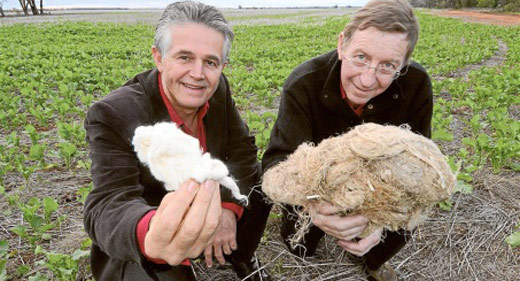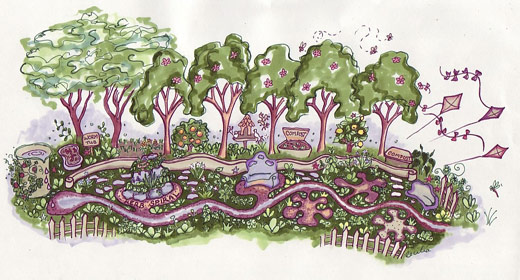by Mark Griggs: He told the audience hemp plants produced three products…

“The best food grain that’s ever been known to man, fibre, and hurd,” Mr Clarke said.
“Hurd is the balsa-like pulp in the plant’s stem which when mixed with lime becomes ‘hempcrete’, the main ingredient in thousands of houses being built in Europe today.
“It is so fire resistant that you can play a blowtorch against a wall of hempcrete and it will not burn.”
Hurd could also be transformed into ethanol production and pulped for paper.
He said hemp fibre could replace fibreglass and carbon fibre.
“With extrusion or pultrusion you can replace wooden fence posts with hemp fibre that will last virtually forever.”
Ford Motor Company entrepreneur Henry Ford built a vehicle from hemp and the Lotus Elise was also manufactured from hemp fibre through extrusion.
Henry Ford also began using ethanol fuel processed hurd.
The benefit for Australian growers is a higher yield per hectare for less input costs.
“Hemp will grow to fibre harvest stage in 90 days, use much less water and chemicals but will produce three times the fibre per hectare than cotton,” Mr Clarke said.
“So from 1.5ha you can build a house.”
When degummed, hemp could be turned into fibre of spinning quality that would spin on standard cotton machinery.
“It will blend with wool, cotton or rayon – any fibre,” he said.
An added benefit to famers was the production of four tonnes of root matter per hectare, which “breaks down rather quickly and builds soil rather than depleting it”.
“We tend to grow it organically or biodynamically, but the farmer has the choice how to grow hemp.
“An added bonus, no pesticides or herbicides are required in its growth,” Mr Clarke said.
“Input costs are exceedingly competitive with any other crop, but the sale price is going to give farmers a much better profit, we are told, than almost any broadacre crop,” he said.
“The decorticator machine is portable and will fit inside a container so farmers can either purchase one or we can contract the process.”
He said Textile and Composite Industries would charge $750/ha for the processing cost.









































